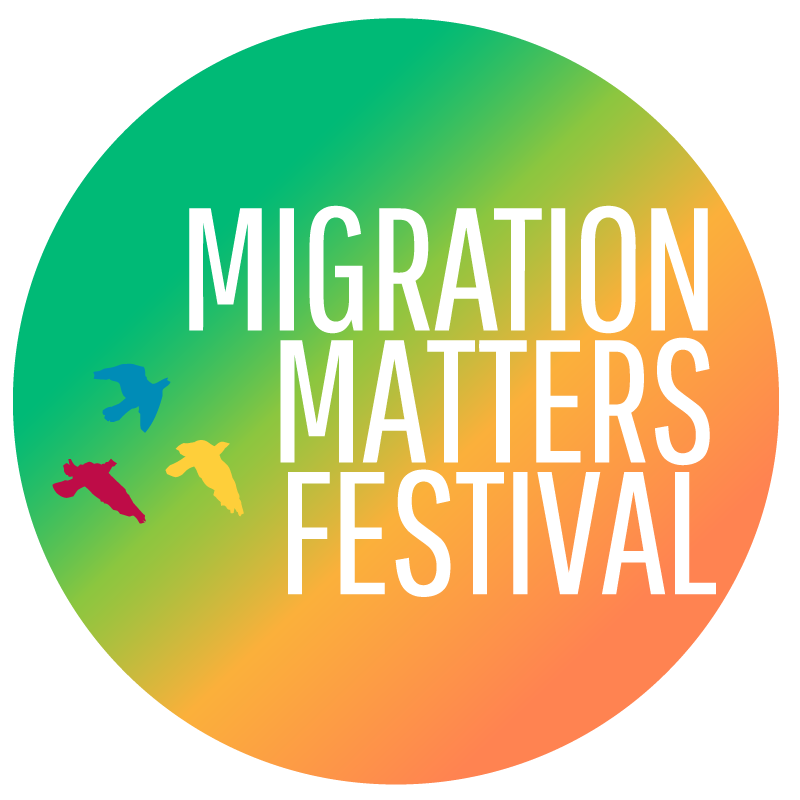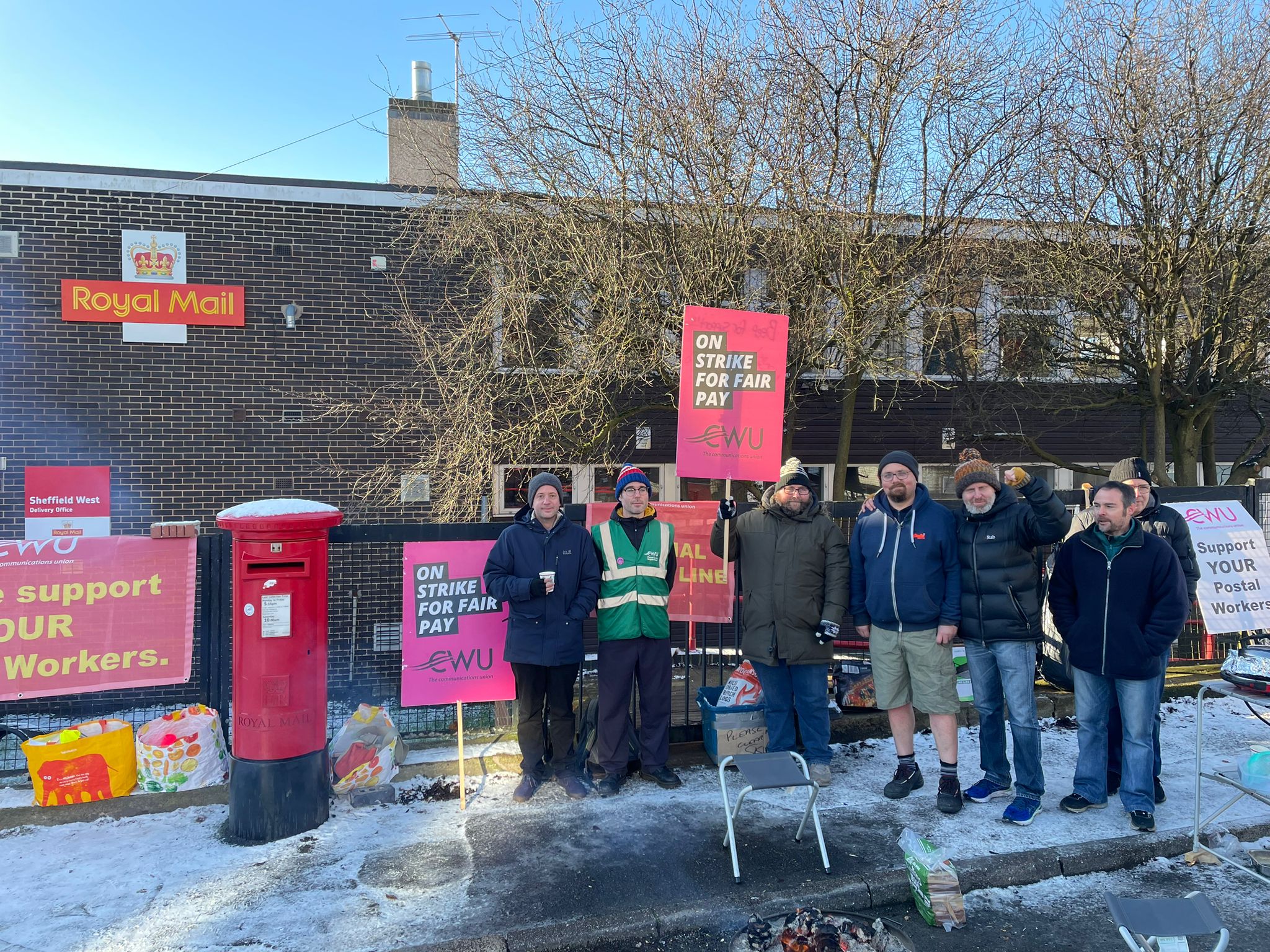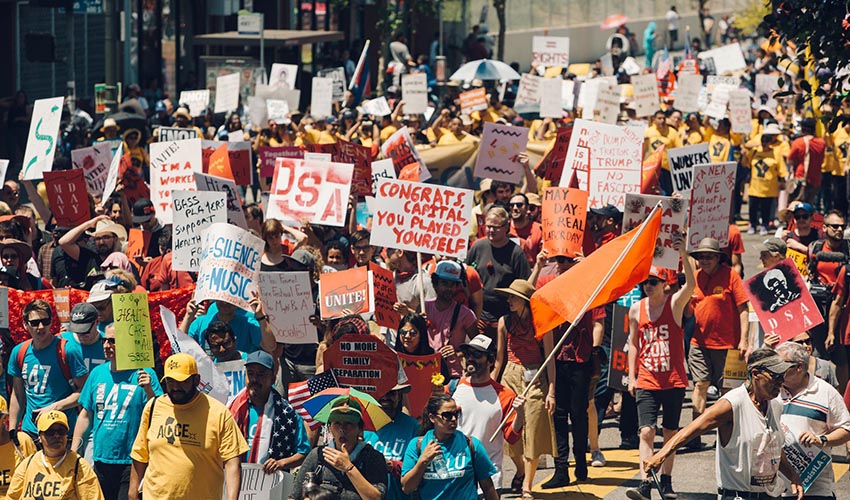An international arts festival celebrating the diversity of the UK and the contributions of migrants and refugees in Sheffield, will be held around the city next month.
The Migration Matters festival aims to be a celebration of different cultures during a time when anti-immigration bills and high visa renewal costs have left many feeling ‘hopeless’. Migrant Voice released a report on 28 April which found that 95 out of 100 migrants surveyed said they had extremely negative feelings about their experience of the visa process: some describing it as ‘mental torture’.
The festival is running from June 17 to 25 and launched its lineup this week. It’s an annual festival in its seventh year that runs every June within National Refugee Week. The festival attracts people from all over the country and internationally. It’s the biggest festival in the UK that celebrates migrants and refugees. They are expecting 10,000 attendees through 9 days and 50 events. The festival has music, theatre, dance, photograph exhibitions, performances and food.
Sam Holland, the director of the festival said: “The festival shows you who is in the city. It shows you who your neighbours are and it is a lovely, eye-opening way of getting to know the richness of Sheffield.”
This years festival has a guest programmer, Taiwanese artist Howl Yuan who has put together talks, films and theatre productions.
One of the contributors, the Phosphoros Theatre Company, will showcase their latest play, All The Beds I Have Slept In, performed by a cast of refugee performers.
Nigerian musician Seun Kuti will be performing with Egypt 80 at the Foundry and all-female music group Les Amazones d’Afrique will be playing a gig at the Leadmill.
Missed this…?
We cannot wait to unveil the phenomenal lineup for this year’s festival – with an epic 50 events planned – very soon.
Watch this space! #MigMatFest22 #sheffield #sheffevents #fridayfeeling pic.twitter.com/U2iERFBOPP— Migration Matters Festival (@MigMatFest) May 6, 2022
Livia Barreira, the audience development manager of the festival, is a Brazilian journalist living in Sheffield who speaks openly about her experiences as a migrant in Sheffield. She has authored a book, ‘Living in Sheffield: Our Journeys as Migrant Women’, and is currently raising funds to get it published.
Ms Barreira said: “I am quite excited because I think it is very important for us to have events promoting migrant communities, refugees and all the positive impact these people are making in the UK and in Sheffield, the first city of sanctuary in the country.”
With rising costs in visa renewal and the controversial Rwanda plan, many migrants have been left feeling isolated and like their livelihood in the UK is at risk.
The cost of renewing a visas can be up to £1,033 per visa plus the NHS surcharge, which is currently £624 per year. This means that a single person is expected to pay at least £2,593 every two and a half years the visa process before any additional costs or legal fees.
Ms Barreira said: “I felt quite anxious and insecure each time my visa was about to expire. One month or two months before I used to think ‘Oh my God, what if they refuse my visa’. I have a life here I have my house here. This is not life.”
Ms Barreira continued: “There are thousands of migrants being exploited. The money they are making with the visas this money is going towards deportation flights. It’s like I’m a criminal, I’m paying for things I shouldn’t be paying for. And I know many migrants don’t talk about it because they feel scared. I’d like to see a change”.
The organisers of Migration Matters Festival voiced their solidarity with those affected by the Nationality and Borders Bill as it attacks the very communities their festival celebrates. But they hope that even in the wake anti-immigrant sentiment, that the festival can promote unity.
Another shameful day for these broken isles.
The Anti-Refugee bill has passed – a bill that plays into far right xenophobia, that rips apart the Refugee Convention and further drags this country’s reputation through the mud. https://t.co/yC2VZjVsks
— Migration Matters Festival (@MigMatFest) April 28, 2022
Mr Holland said: “The festival mirrors the times when the city has come together and reaches out to the different communities who call Sheffield home, combating the division that a lot of far-right press and organisations will try to espouse.”
He added: “We try to dismantle the labels of migrant and refugee so that people can feel they are Sheffield. But at the same time some people really own those terms and love the fact there is a festival that celebrates them. People ask who the festival is for – it is for everyone.”




